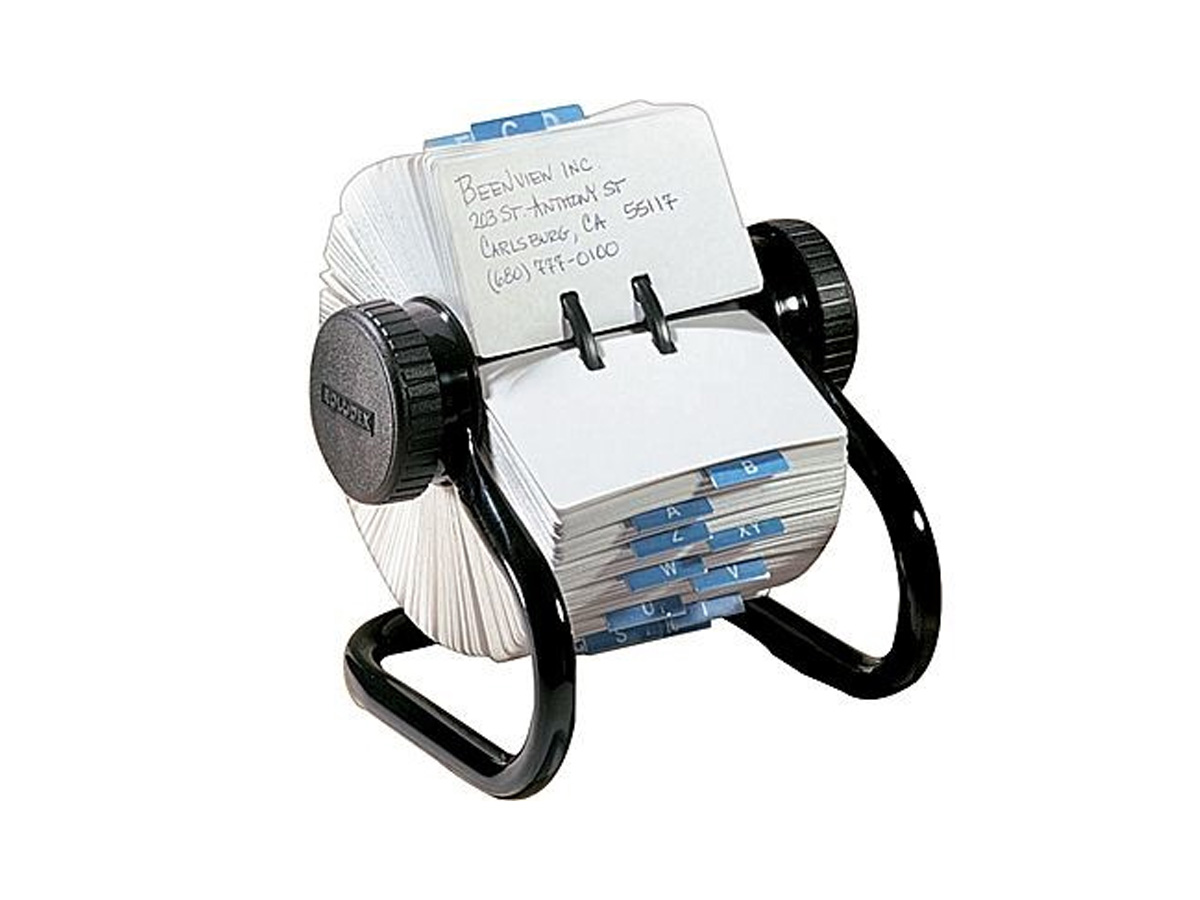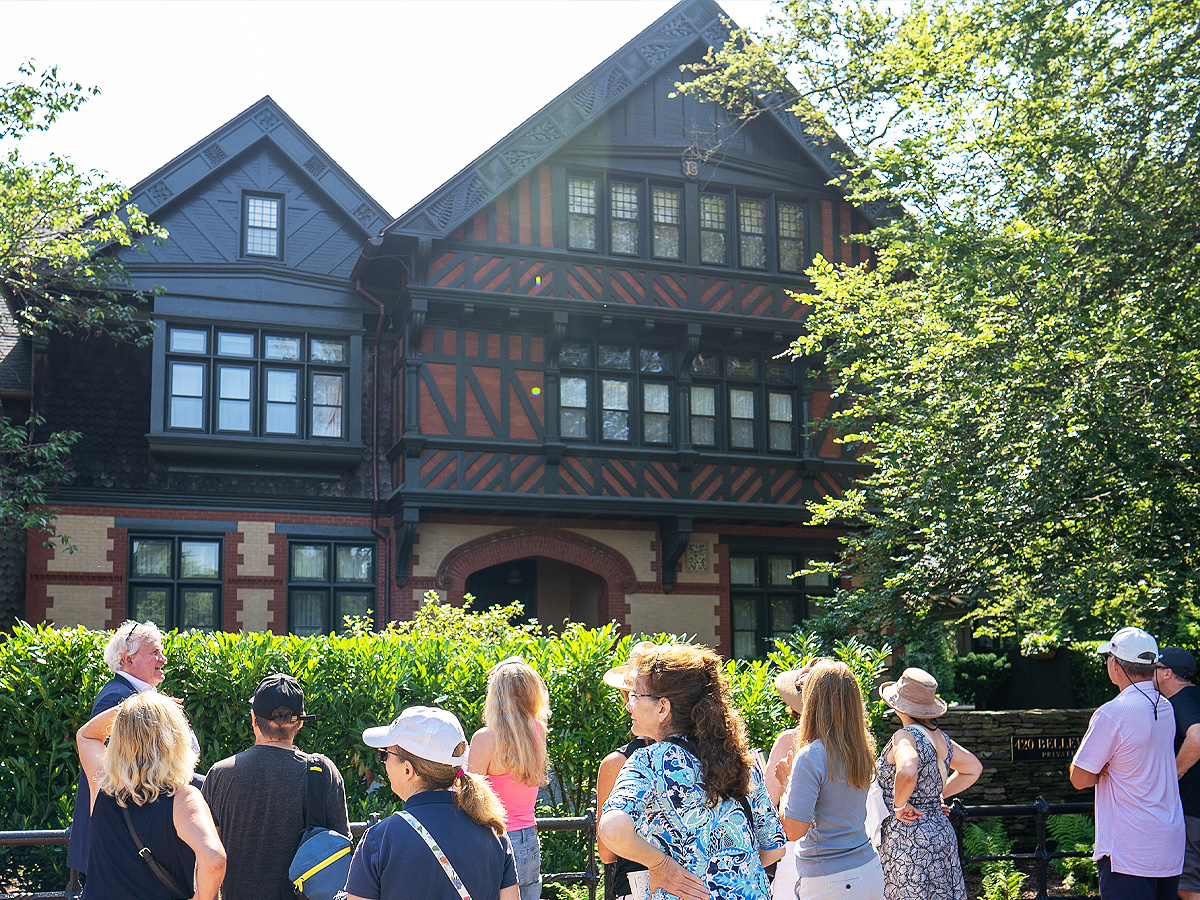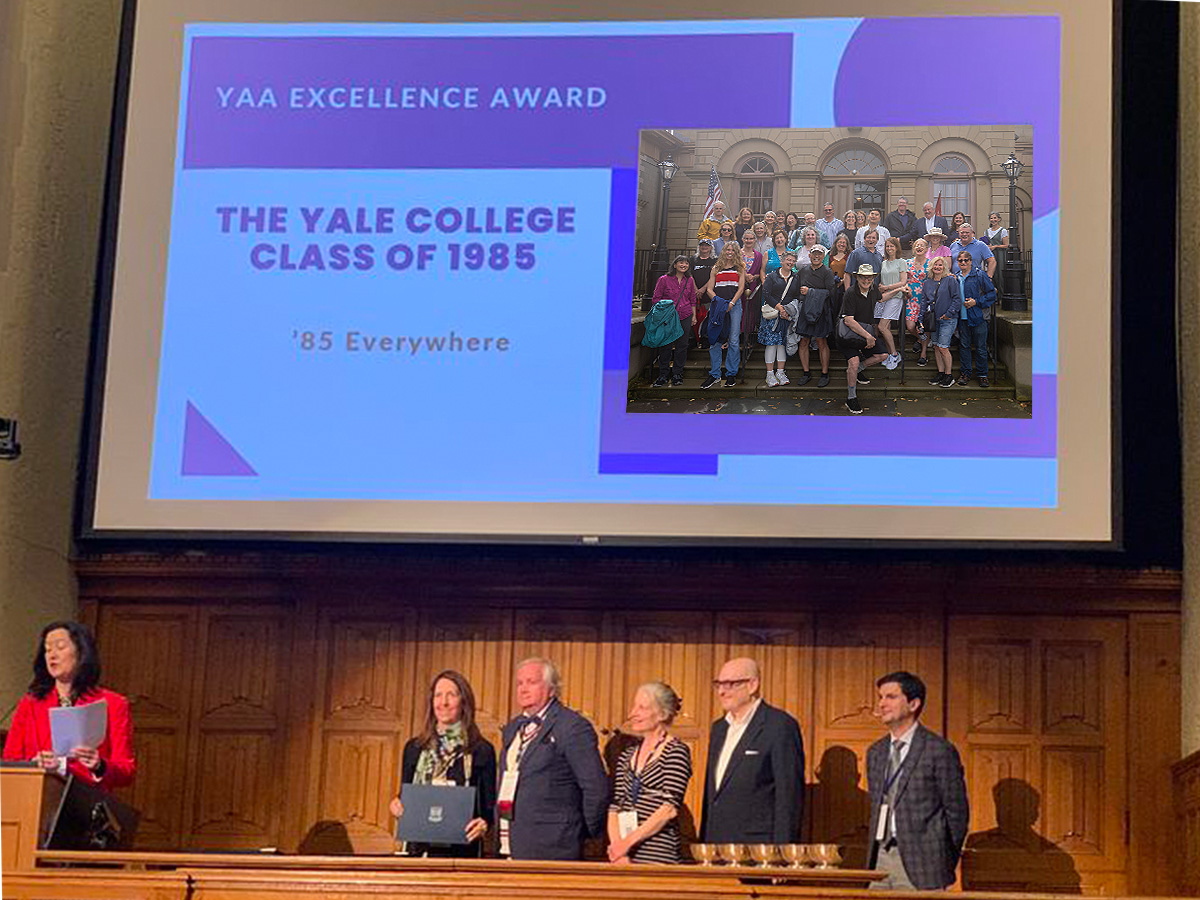Networks cannot be purchased. They must be built (painstakingly) over time. Networks are the web of connections that you create through living and working and establishing credibility and trust.
Back in ancient times before smartphones and computer databases, it was a “Rolodex” – a way to keep business cards organized on a rotating wheel so that they could be accessed quickly and easily. You gave someone your card or took one from them when you felt you had enough trust between you so that you could reach out for advice on a subject, they were expert in or give it when you were in a position of knowledge.

Image of a Rolodex
With the creation of social media, this interaction went digital. When I was invited to join a new online database of connections called “LinkedIn” fifteen years ago I accepted although there were only 20,000 people on the network. Now there are more than 20 million and the network has become an essential platform for sharing (and finding out about) people’s professional credentials. (If you want to see where your network stands, you can use LinkedIn to evaluate your “Social Selling Index” (SSI) to “Get your score”.)
This online tool calculates the number of your connections and the quality of their connections. Any score over 60 is good, and over 70 is considered excellent. But for all the advancements that computers and the internet have provided, networks are still dependent upon the connections between human beings.

Ross Cann Speaking To The Group Infront At a house on Bellevue Avenue in Newport, RI.
This point was driven home to me recently. My undergraduate class at Yale was denied one of our reunions during the COVID-19 epidemic. To compensate for the loss, members of our class began arranging “mini reunions” around the country so that we could gather and reconnect before our next big reunion. One was planned for Newport, with me serving as host and architectural tour guide. We were not sure how many of our classmates would be available and interested but after posting the opportunity on our class Facebook pages, all the spots were snapped up within a few days by classmates. Even though the weather was not as perfect as we would have liked, everyone had a wonderful time touring Newport’s Architectural Treasures but what people most enjoyed was being together with friends, both old and new.

Group Photo of Everyone From The Tour In July 2024
The effort to arrange accommodations, transport, and programming was no small feat, particularly for volunteers. The Yale Alumni Association recognized the initiative and presented the class with the award at the last annual Yale Assembly and Convocation. While the honor was appreciated it was more important to be an inspiration to other classes. The greatest reward was getting to gather and commune with people who shared so many things in common, because that is the stuff that true networks are made!

Ross Cann (Ra, AIA) and Fellow Classmates Accepting an Alumni Award at Yale University (November 2024)
Ross Sinclair Cann, AIA, LEED AP, is an author, historian, educator, and a practicing architect at A4 Architecture who lives and works in Newport, Rhode Island. He studied with Professor Scully as an undergraduate at Yale and was a teaching assistant for Robert A.M. Stern at the Columbia School of Architecture in New York. His SSI is 68 but is always looking to improve that by selectively adding to his network.
